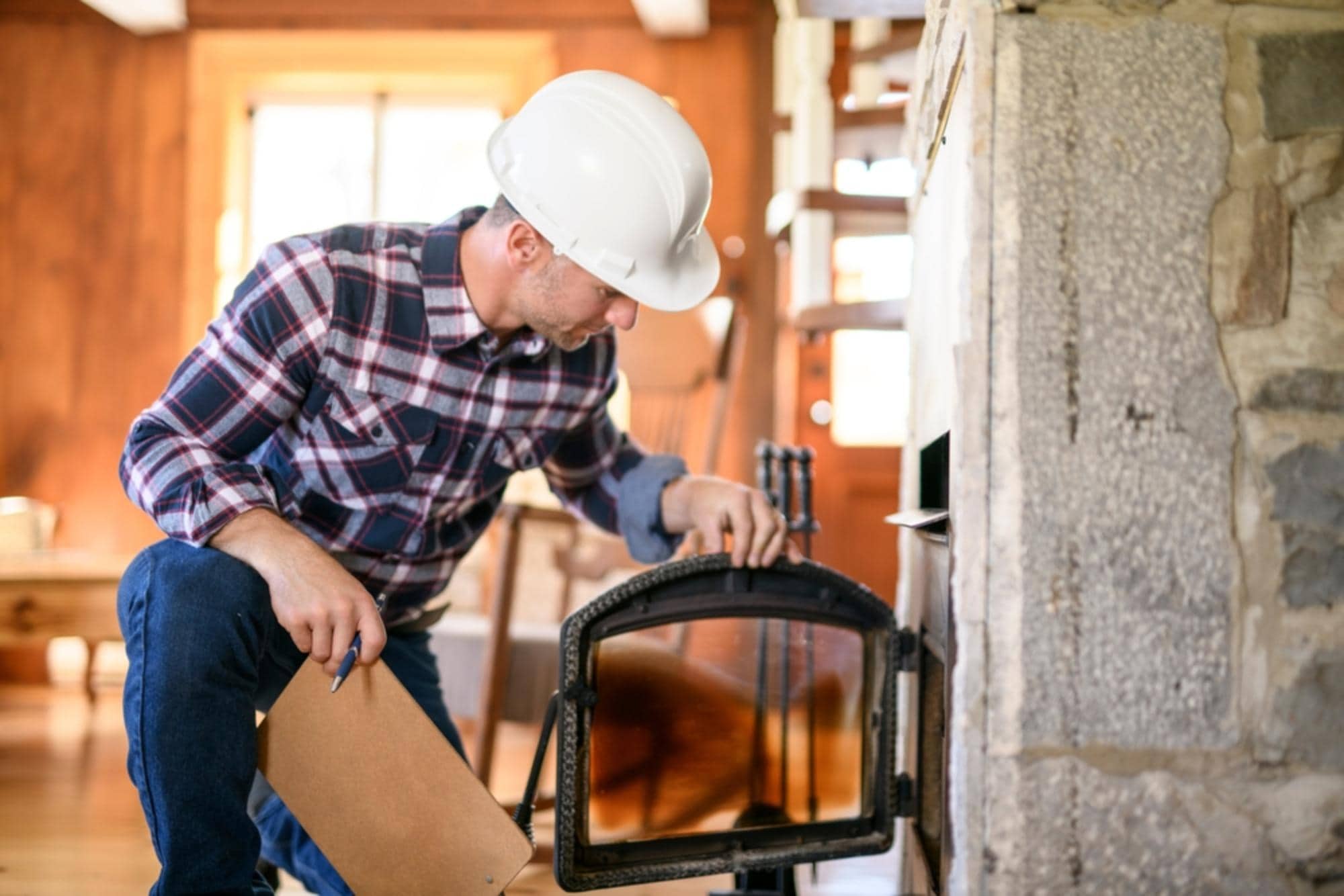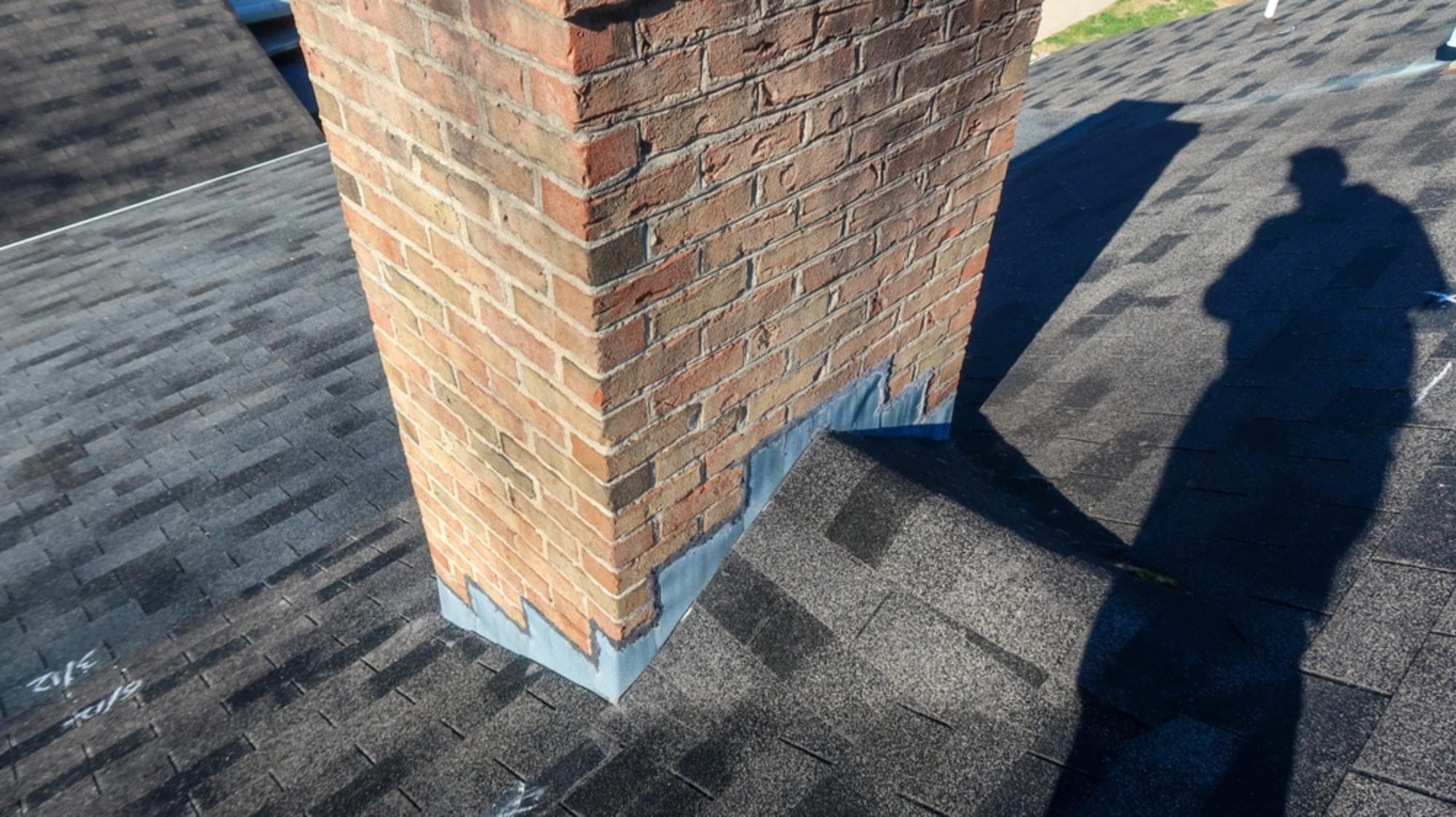Professional chimney inspection services that catch problems before they become dangerous, keeping your Swansea Center home safe and your heating bills low.

Hear from Our Customers

Your chimney works harder than you think. Every time you light a fire, creosote builds up inside the flue. Every winter storm tests your chimney cap and crown. Every season brings new wear that most homeowners never see.
Our inspection catches these issues while they’re still small and fixable. We check for cracks that let moisture in, blockages that cause poor airflow, and structural problems that could turn dangerous. You get a clear report of what’s working, what needs attention, and what can wait.
The result? Your fireplace burns cleaner, your heating bills stay lower, and you sleep better knowing your family is safe from fire hazards and carbon monoxide risks.
We’ve been inspecting chimneys across Bristol County since before most companies even existed. That means we’ve seen what coastal moisture does to chimney brickwork here in Swansea Center. We know how New England winters test even the strongest masonry.
Our CSIA-certified technicians understand the unique challenges that come with older homes in this area. Many houses here have historic chimneys with designs and materials that require specialized knowledge. We’re not just checking boxes on a form—we’re looking at your specific chimney with decades of local experience.
You won’t get rushed through a 10-minute inspection or pressured into unnecessary repairs. We take the time to explain what we find, answer your questions, and give you straight recommendations based on what your chimney actually needs.

We start on your roof, checking the chimney cap, crown, and flashing for damage or wear. These are the first line of defense against water damage, and problems here cause most of the expensive repairs we see.
Next, we examine the exterior masonry, looking for cracks, loose mortar, or spalling bricks. In Swansea Center’s coastal climate, these issues develop faster than in drier areas, so we know exactly what to look for.
Inside, we inspect the flue liner—whether it’s clay tile, stainless steel, or cast-in-place. We check for cracks, blockages, or creosote buildup that could cause fire hazards. We also examine the damper, firebox, and smoke chamber for proper operation and safety.
You get a detailed report with photos showing exactly what we found. If repairs are needed, we explain what’s urgent, what can wait, and what each option costs. No surprises, no pressure—just the information you need to make smart decisions about your chimney.

Ready to get started?
Every inspection covers all three levels of your chimney system: the exterior structure, the interior components, and the venting system. We check over 25 different points, from the chimney cap down to the ash dump.
In Swansea Center, we pay special attention to moisture-related issues. The coastal climate here means chimneys face more humidity and salt air than inland areas. We look for early signs of water damage, efflorescence on bricks, and rust on metal components that other inspectors might miss.
We also verify that your chimney meets current Massachusetts building codes. This matters whether you’re buying, selling, or just want to ensure your family’s safety. Many insurance companies now require documentation of regular chimney maintenance, and our detailed reports provide exactly what they need.
Our inspection includes basic cleaning of accessible areas, so you’re not paying extra for services that should be part of a thorough examination. We protect your home with drop cloths and use HEPA-filtered vacuums to ensure no dust or debris escapes during the process.
